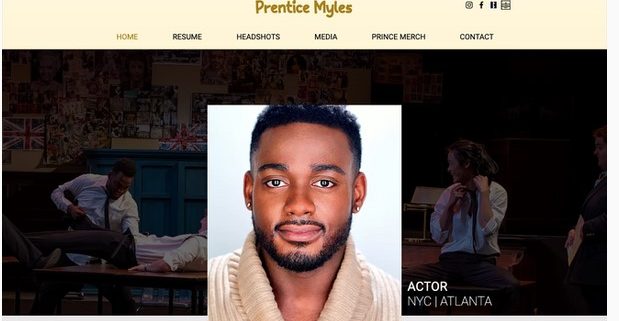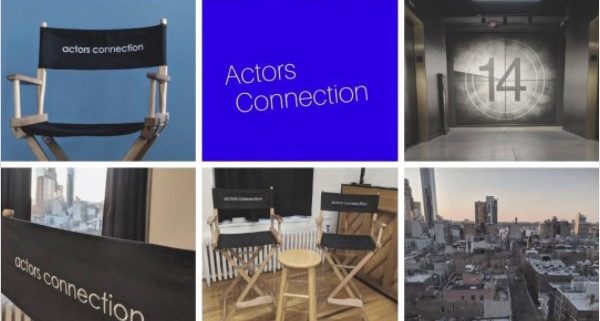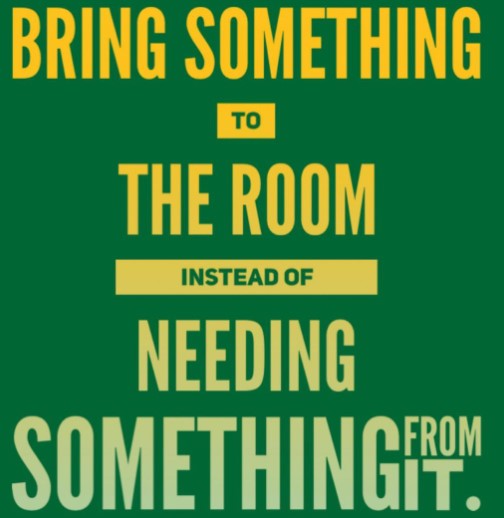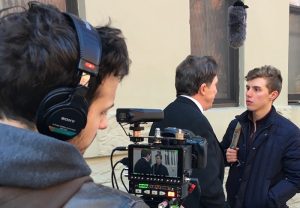ONE Question You MUST Answer REALLY WELL in order to Get an Agent
If you have been researching how to get an agent, you know it isn’t easy. There are HUNDREDS of tips and tools out there, but nothing is the magic juice. There are a lot of things that need to fall into place to finally obtain representation and get to the next level in your acting career.
There is no one size fits all tactic and everyone’s journey to finding a great professional rep is different. But there is ONE THING that is important in EVERY agent journey– and that is the ability to answer THIS QUESTION really well….
WHAT ROLES DO YOU SEE YOURSELF PLAYING?
Why is this question SO IMPORTANT?
Two main reasons…
Agents want to know you can book RIGHT NOW. Not 3 years from now or 5 years from now– but what you are right for RIGHT NOW.
This business is about making a profit. In order to have a profitable actor/agent relationship, you need to book jobs and there needs to be job opportunities out there for someone like you! In school, you often play characters that you wouldn’t play professionally until you are much older and that can throw a lot of actors off. Your agent wants you to focus on the age appropriate characters you can start making money playing right away.
&
Agents want to know YOU UNDERSTAND HOW YOU CAN BOOK. So many actors just want to work but have done little to NO research on what they actually can book right now.
They don’t know the shows they are right for or the styles they can nail or at least they can’t articulate it. This screams LAZY ACTOR and it is not impressive to agents. You should be able to name theatre titles and characters, tv shows, writers and types of projects you are castable for at the drop of a dime. This shows an agent what you believe your type to be and that you are always aware of the opportunities you may be right for. This shows heart and hustle. It is SO important.
So ask yourself– can I answer this question? Can I answer it without an “um” or “uhhh”? Can I rattle off 5-10 quick titles or projects? If you can’t— this is your HOMEWORK!
Start researching and understanding what your money making opportunities are! Your career depends on it and there are lots of agents out there interested in hearing your answers!
Colleen Finnegan Kahl is an accomplished Theatre Arts Educator, author of this article, and President of Actors Connection. Colleen is an expert helping aspiring actors prepare for auditions and tryouts with Casting Directors and Talent Agents. Contact Colleen for more information. Photo provided by Towfiqu barbhuiya.














